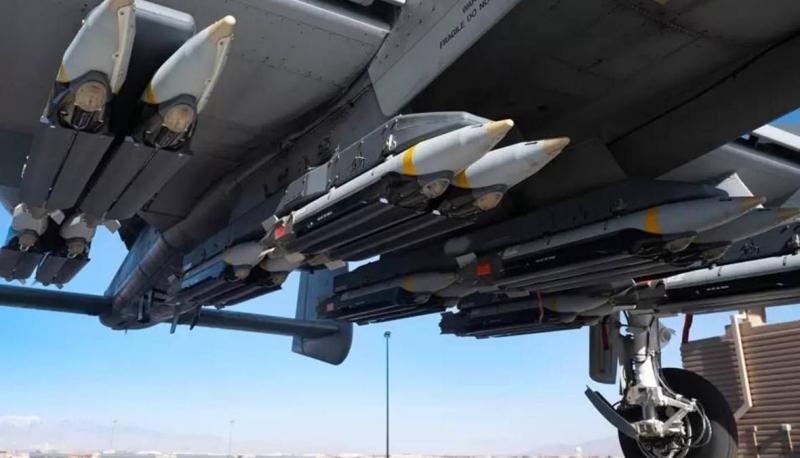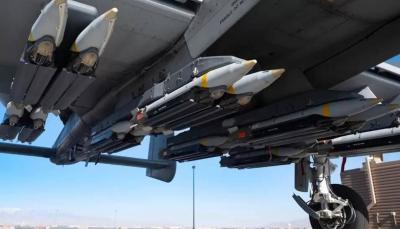If Israel has delayed its direct response, what are the options available later?
Following Iran's extensive response to the Israeli "consulate" strike, a question reverberates in all circles: how will Israel respond? An analysis published by "Yedioth Ahronot" suggests that "the dilemma for Israel is how to address the implications of the operation, either according to its intentions or according to its outcomes." The site confirmed that "it is not expected that Israel's response to the unprecedented Iranian attack will include (kinetic) action within Iran itself, but rather similar movements to those previously attributed to Israel, which are related to the secret struggle over the nuclear program and its intensification in the region."
An Israeli source, cited by the Hebrew site, noted that "the challenge is to consider a response on Iranian territory that does not necessarily lead to escalation and a round of strikes but creates deterrence and deprives Iran of capabilities. Among the options on the table is the option of attacking Iranian nuclear facilities." However, the source emphasized that Israel has not yet decided whether to escalate or "act in a more moderate manner."
In an interview with "Iran International," a channel opposed to the Iranian authorities broadcasting from London, Israeli army spokesperson Daniel Hagari stated that he does not intend to discuss the nature of the potential response, as the Iranians will see actions, not words. He added, "We will act according to our interests; we are fully prepared, assessing the situation, and we will do whatever is necessary to protect Israel."
The Israeli website "Walla" indicated that "one of the options available to the Israeli government and military leadership is to strike one of the symbolic Iranian targets, such as government buildings, weapon depots, oil wells, and even Iranian ships sailing at sea."
The Israeli Broadcasting Authority "Kan" reported that Israel has "a variety of options, including the possibility of carrying out various cyber operations." Military analyst Ron Ben Yishai of "Yedioth Ahronot" stated that "there are two conflicting trends affecting Netanyahu's expected decision: the first is the need to deter Iran after they did what they have never done before, attacking Israel with the intent to cause severe damage. If Israel does not respond painfully to the attack, then Iran and its allies, as well as regional countries willing to normalize relations with Israel, will see it as a sign of weakness. The second trend emphasizes the firm demand from the U.S., U.K., France, Germany, and Canada, for Israel to refrain from a disproportionate response that could threaten stability in the region."
Ben Yishai warned that a regional war would serve the leader of the "Hamas" movement in Gaza, Yahya Sinwar. "Therefore, it is important for Israel to respond to the West's demand, refocus on the war in Gaza and the north, and postpone dealing with Iran for another opportunity."
Minister in the War Cabinet Benny Gantz, one of the commissioners appointed by the Israeli "Cabinet" alongside Netanyahu and Defense Minister Yoav Galant to deal with Iran, leaned towards the second trend. Gantz stated that Israel will build a "strategic and regional alliance" against Iran, and Iran will pay the price at the time and in the manner that suits Israel. Israel claims to have an alliance that includes America, Britain, France, and regional players who recognize that Iran threatens the stability of the region.




